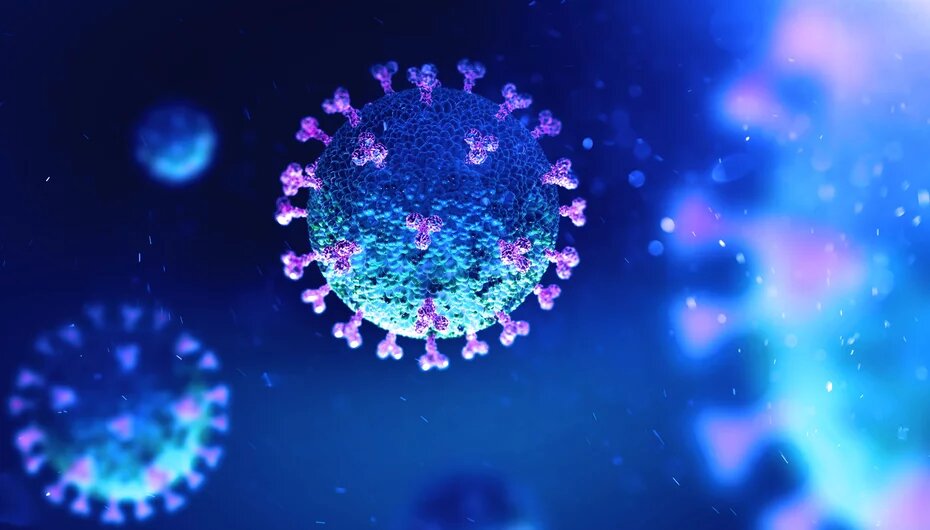How long after the onset of the disease is it worth visiting a Post-COVID clinic with our persistent symptoms?
In the three months following COVID-19 disease, many symptoms may improve even without examination and treatment, so in agreement with the international literature, I recommend visiting a Post-COVID outpatient clinic with complaints that persist for more than three months. Three months after the infection, patients report the persistence of several symptoms: the most common are fatigue, headache, a cough, shortness of breath, many suffer from a loss of the senses of smell and taste, various aches and pains, numbness/tingling, but persistent nausea, vomiting, diarrhea, and abdominal pain may also develop.
After a coronavirus infection, most people become free of complaints, so they heal without residual symptoms. Fortunately, less frequently, Post-COVID symptoms may also develop in those who have had a mild or asymptomatic infection, while patients with moderate to severe disease may experience Post-COVID symptoms more frequently. When treating patients with Post-COVID syndrome, I think a holistic approach is very important, and the patient’s medical history, living conditions, and quality of life should also be considered in the examination and treatment. It is important to rule out organ lesions in the background of the symptoms, hence the examination is carried out in close collaboration with other associated specialists - such as neuropsychologists, otolaryngologists, neurologists, pulmonologists, cardiologists, gastroenterologists - to help with the differential diagnosis. If no serious organ abnormalities are found, symptoms are often caused by vitamin deficiency, mineral deficiency, or locomotor complaints. These conditions can be successfully treated by supplementing missing trace elements, musculoskeletal rehabilitation, and sleep therapy, although they often demand a lengthy period of time and perseverance.
What are the commonest symptoms after 3 months? What are the most important Post-COVID tests? And what happens if we don’t get lingering symptoms checked out?
Many patients report olfactory or taste disturbances three months after infection, and these complaints are treated with olfactory therapies. A significant number of our patients are affected by memory impairment after the infection, and in such cases a neuropsychologist can help to reduce or eliminate the complaints. Many patients experience difficulty breathing even after infection, in which case the patient feels unable to draw enough air into their lungs. These complaints may also be due to locomotor problems that can be corrected with the help of breathing exercises, but it is absolutely necessary to exclude other organ abnormalities, and if they exist, we try to treat the abnormalities in a targeted manner. The pulmonologist is our biggest help with this, and we can get a diagnosis with a chest CT scan and extended lab tests. For chest complaints, cardiac examination may be warranted, which may include a chest CT, a cardiac ultrasound, and an ECG too. As I have already mentioned, it is very important to rule out organ abnormalities in the case of persistent symptoms, as organ damage can have long-term consequences. However, even in the absence of an organ abnormality, I recommend the rehabilitation of patients with coronavirus infection, as Post-COVID symptoms can cause a significant decrease in quality of life.
When can we do physical work and when can we play sports?
For many Post-COVID symptoms, exercise and physical activity can greatly improve a patient’s condition. However, there are syndromes and diseases in which physical activity is specifically contraindicated. If there is no chronic fatigue syndrome behind the complaints, I suggest that you return to physical activity three months after the infection. However, it is important to bear in mind that resuming active exercise should be gradual, because excessive exertion can cause a significant relapse in recovered patients’ capabilities.

